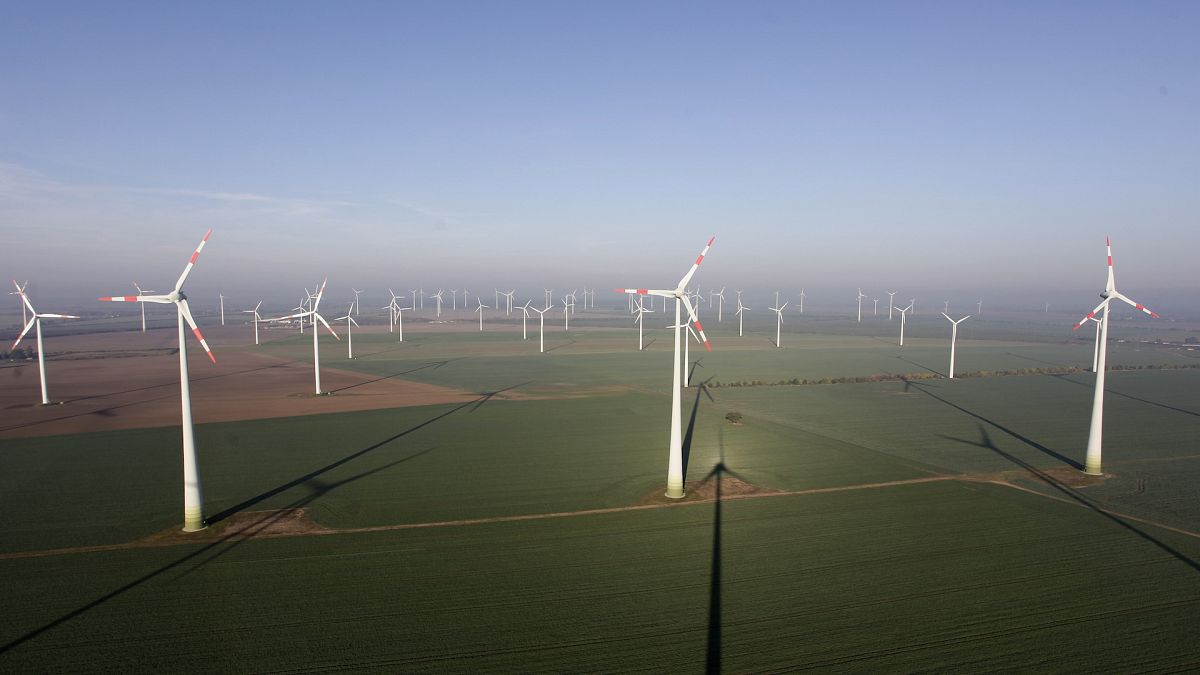The surging power of far-right factions in the EU Parliament may place the renewable energy sector under significant pressure. Major French green energy stocks have already declined amid the electoral upheaval.
On Monday, the French stock markets were impacted by Emmanuel Macron’s call for a snap election following a bruising defeat by the far-right party, National Rally (NR), in the EU parliamentary elections. The benchmark CAC 40 index fell by 1.4% following the news, with major renewable energy stocks such as Engie SA, Voltalia SA, and Neoen SA declining between 1% and 5%.
Far-right parties leverage their power with public dissatisfaction
With far-right parties gaining notable power in the EU elections, certain industries, such as renewable energy firms, could be significantly affected amid a potential policy shift. Many of these far-right groups view the green energy transition as an overreaching ambition of the European Union. They argue that climate regulations contribute to rising inflation and exacerbate the cost of living.
Far-right groups argue that the current green policies impose significant financial burdens on citizens and industries, attributing rising inflation and high business costs to meeting emission targets. The discontent among businesses and households has provided leverage for far-right parties, enhancing their populist appeal and leading to a notable surge in public support. The increased presence of far-right parties in the EU Parliament will likely slow down the implementation of the Green Deal by intervening in policy-making processes.
Risk of reducing renewable energy investment
The renewable energy sector experienced a challenging year in 2023 due to significant inflation and rising interest rates. Unlike fossil fuel companies, which benefited from the war-induced oil price surge, green-energy-focused firms faced difficulties. These companies often rely on high capital expenditure, making them particularly vulnerable to high interest rates and inflation. Many renewable energy companies depend on government subsidies through renewable auctions. However, these auctions suffered from low ceiling prices, resulting in the unsuccessful allocation of projects in 2023.
Far-right parties expressed concerns that the green transition would reduce Europe’s competitiveness with major economies, particularly the US and China. Their influence on policies could mean less investment in the renewable energy sector, which requires continuing government support and fund allocations.
According to a report by the European Central Bank: “The European Commission has estimated that additional investment of €620 billion a year will be needed between 2023 and 2030.” The amount is approximately 3.7% of the EU ‘s 2023 GDP.
On the other hand, a dilution of green regulations could benefit fossil fuel producers, such as TotalEnergies, by reducing green transition costs and lowering mandatory energy efficiency standards.
Renewable energy stocks rebound
The European Renewable Energy Price Index has slumped by 24% from a year ago and declined by 16% year-to-date, while the Euro Stoxx 600 Index has risen by 13% from last year and was up by 9% this year.
However, some renewable energy stocks have rebounded sharply since March.
Shares of the Spanish utility company Iberdrola have surged by 11%, stocks of the Finnish energy company have risen by 17%, and shares of the Danish renewable energy company Orsted have increased by 14% over the past three months.
The recent rebound in this sector was bolstered by expectations for central banks’ rate cuts and positive first-quarter earnings. This resurgence signals renewed investor confidence and suggests that, despite recent challenges, the long-term prospects for renewable energy remain promising, particularly with the potential for supportive monetary policies and continued positive financial performance.
The renewable energy sector is primarily driven by the macro environment rather than political influence. While the growing far-right power may exert pressure on this sector due to surprising outcomes in the elections, it’s unlikely to alter the global long-term trend. The resilience of renewable energy against political shifts underscores its significance as a sustainable solution for the future, with continued growth expected as environmental concerns and technological advancements drive the transition towards cleaner energy sources.

